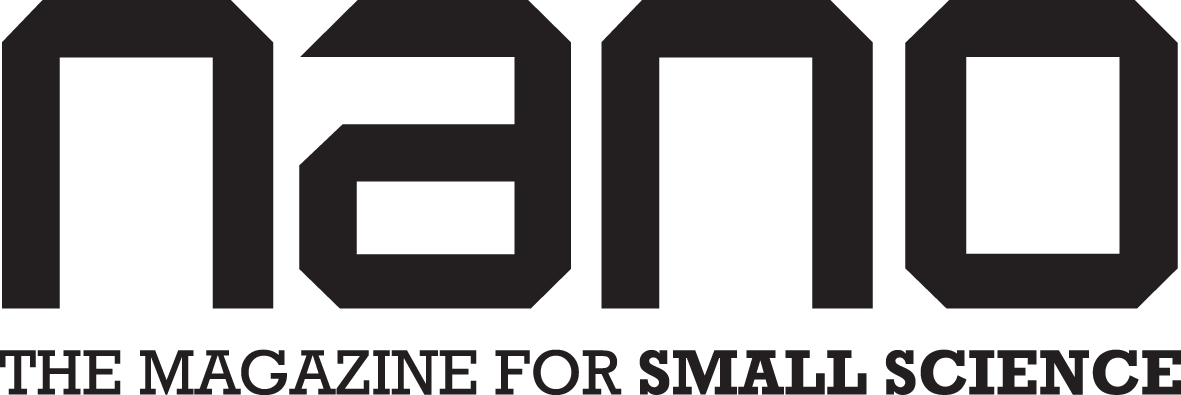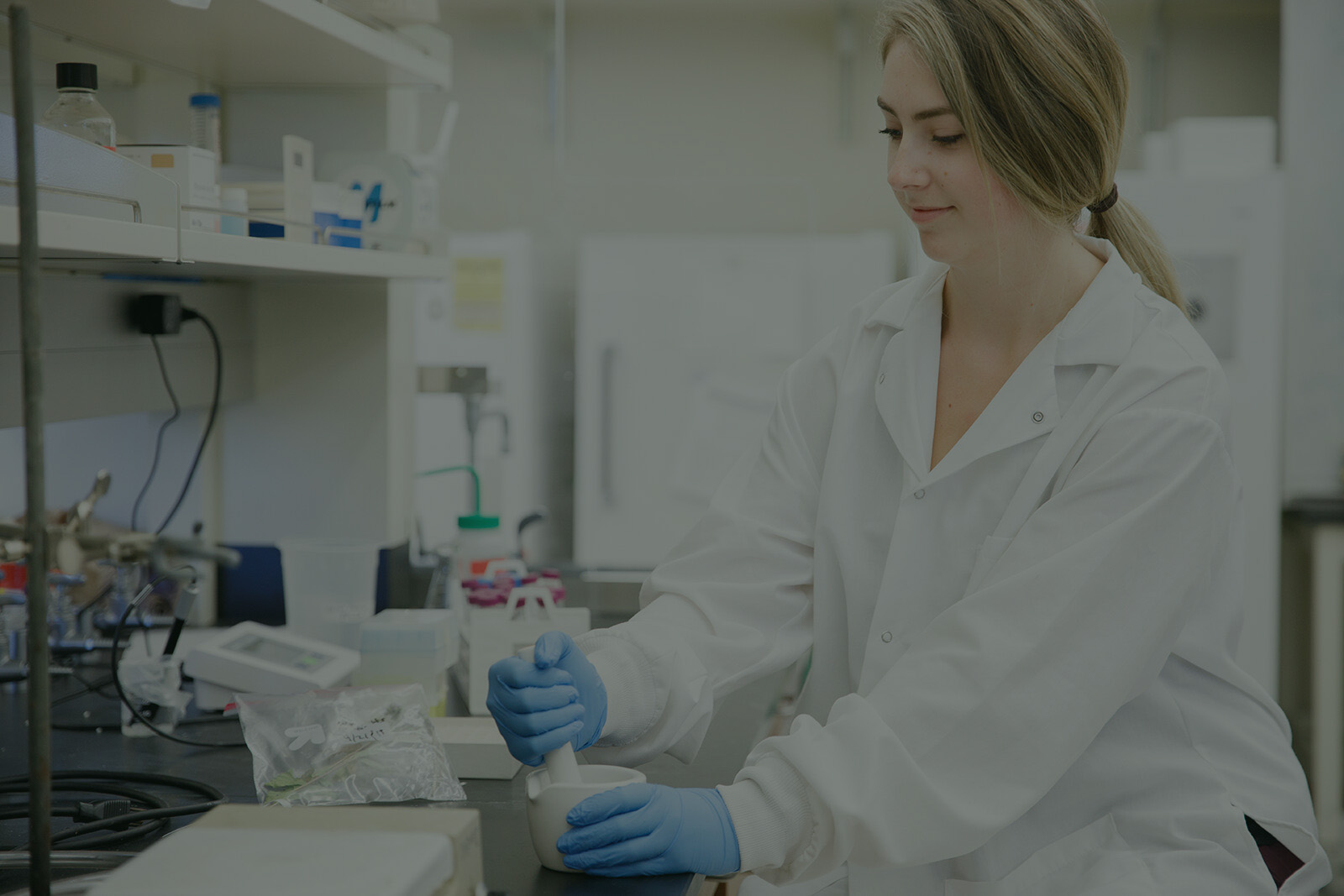Chinese scientist creates a third eye for detecting 'hidden realities'

You're trying to find out if the apple you bought two weeks ago is still good. Now, imagine you can scan it with your phone and it will give you the answer.
Tsinghua University professor Bao Jie has developed a small spectrometer that can literally identify bad apples in the bunch.
It can also diagnose skin disease and detect air pollution, among other functions.
Dozens of companies have approached Prof Bao since he founded the company QuantaEye in Beijing in late 2016.
Spectrometers measure changes in light when it interacts with matter in ways that detect more than the naked eye. They have long been used in research, but their size had previously hampered their applications for daily use.
Prof Bao's team developed one as small as a coin. It may cost only a few dollars once mass produced.
"Everyone will have a third eye to see hidden realities," the 34-year-old scientist said.
The team was able to shrink the device using quantumdot nanotechnology.
Quantum dots, which were discovered in the early 1980s, are semiconductor crystals that are just a few nanometres in size. They absorb different light wavelengths when their size changes.
Prof Bao got the idea of using this feature to create miniature spectrometers when he was doing post-doctoral research with Professor Moungi Bawendi at the Massachusetts Institute of Technology in the United States from 2010 to 2013.
Before he went to MIT, Prof Bao earned a bachelor's degree at Tsinghua University and his doctorate in chemistry at Brown University between 2006 to 2010.
He returned to Tsinghua in 2014 through the country's Young Thousand Talents programme that recruits young experts from overseas.
The research paper that Prof Bao and Prof Bawendi co-authored was published by the academic journal Nature in July 2015.
"Most current micro-spectrometers rely on interference filters and interferometric optics that limit their photon efficiency, resolution and spectral range," the editor's note reads.
"(Bao Jie) and Moungi Bawendi have developed an efficient, cost-effective microspectrometre that overcomes many of these limitations...and points to possible application in space exploration, surgical and clinical lab-on-a-chip settings."
Prof Bao has also worked with Tel Aviv University's Michael Gozin Group to develop an artificial nose based on the quantum-dot spectrometer. It will give more accurate and quantitative olfactory information than police dogs or master sommeliers.
The scientist said that what impressed him most about his experiences in the US is that students have more freedom to choose classes and research fields, while Chinese education was still rigid 10 years ago.
He uses this approach with his Tsinghua students. Prof Bao's PhD student Sun Si said: "He didn't test my knowledge but rather my passion when he interviewed me."
Prof Bao had learnt how to hold a gun steady when he joined a marksmanship club as a sophomore. He later used this experience to assemble the mini spectrometer's prototype, which required arranging about 200 quantum dots on a small microchip.
He is working with a team of more than 30 researchers to optimise and mass produce the device."I am not satisfied with going from zero to one," Prof Bao said."I want to do things from zero to 99. There's always room for improvement."





